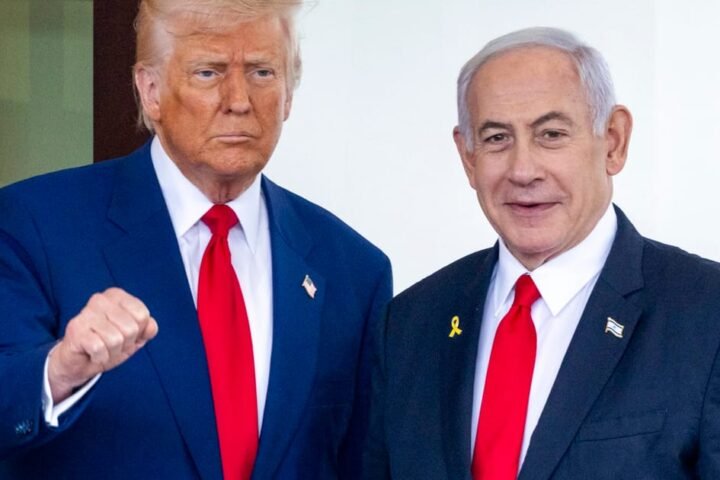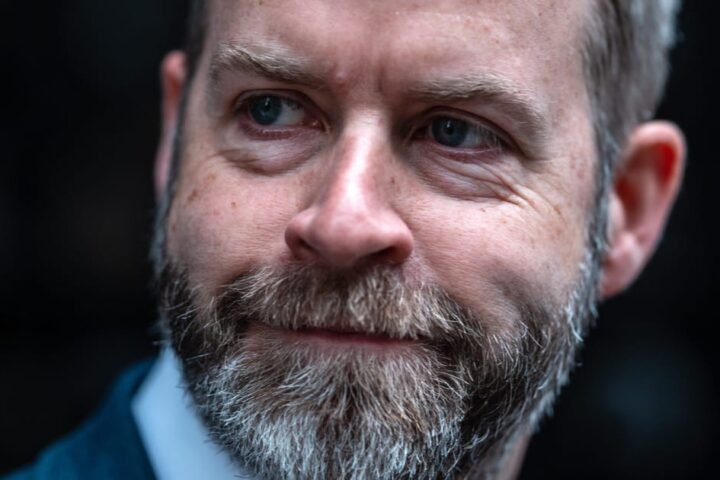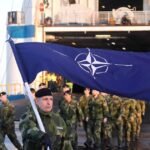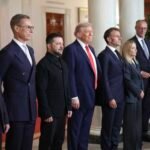The NATO summit held on June 17–18, 2025, in The Hague ended without a clear commitment to grant Ukraine or Georgia a membership plan, according to reports from The Guardian and Radio Liberty. The summit’s final declaration notably lacks any concrete promises, reflecting NATO’s cautious stance amid ongoing conflict and geopolitical tensions.
NATO’s Delicate Balance: Support Without Commitment
Despite NATO’s active defense support for Ukraine, the Alliance has deliberately avoided formal guarantees for Ukraine’s and Georgia’s membership. The position remains consistent with the 2008 policy — open doors are proclaimed, but key membership decisions are postponed. This cautious approach aims to avoid direct confrontation with Russia, but it also leaves Eastern Europe vulnerable and uncertain.
The summit’s declaration acknowledges Russia as a long-term threat, yet stops short of outlining concrete measures to counter Moscow’s influence. This vague language signals a hesitation within NATO, fostering a sense of delayed action and uncertainty throughout the region.
Ukraine’s Limited Presence: A Symbol of Diplomatic Distance
Ukraine’s delegation at the summit was notably absent in full, underscoring a diplomatic gap between Ukraine and its Western partners. Though Ukraine remains the frontline of a conflict affecting all of Europe, its voice within the summit was indirect. This sidelining strengthens the narrative pushed by Russia about Western fatigue and the lack of tangible prospects for Ukraine’s NATO membership.
Internal Divisions and the Risk of Escalation
Within NATO, some member states resist radicalizing their stance toward Russia. Concerns about how Ukraine’s membership could be leveraged in internal political debates—especially by figures like Donald Trump and right-wing groups in the EU—contribute to the Alliance’s cautious approach. This hesitation creates openings for Russia to increase pressure on Ukraine’s partners and expand a “grey zone” of security uncertainty, which undermines international stability.
At the same time, rising calls for a “European strategic autonomy” in defense signal a shift in responsibility. European leaders increasingly emphasize autonomous defense capabilities, yet concrete actions remain vague, enabling countries to defer real commitments toward Eastern Europe’s security either to NATO or an abstract “European defense” framework.
Ukraine’s NATO Membership: A Matter of When, Not If
Despite current delays, Ukraine’s accession to NATO is widely seen as inevitable. This is reflected in both political dynamics within the Alliance and public statements by leading Western figures. Germany’s Chancellor Friedrich Merz, known for his cautious stance, has publicly recognized Ukraine’s genuine prospect of joining NATO after the war’s end.
Ukraine has already integrated significantly into NATO’s security system — its armed forces meet Alliance standards, and its frontline experience against Russian aggression makes it a valuable partner. NATO membership for Ukraine is no longer just a political symbol; it has become a strategic necessity for European stability. More allies are acknowledging this fact, setting the stage for Ukraine’s eventual full inclusion.









